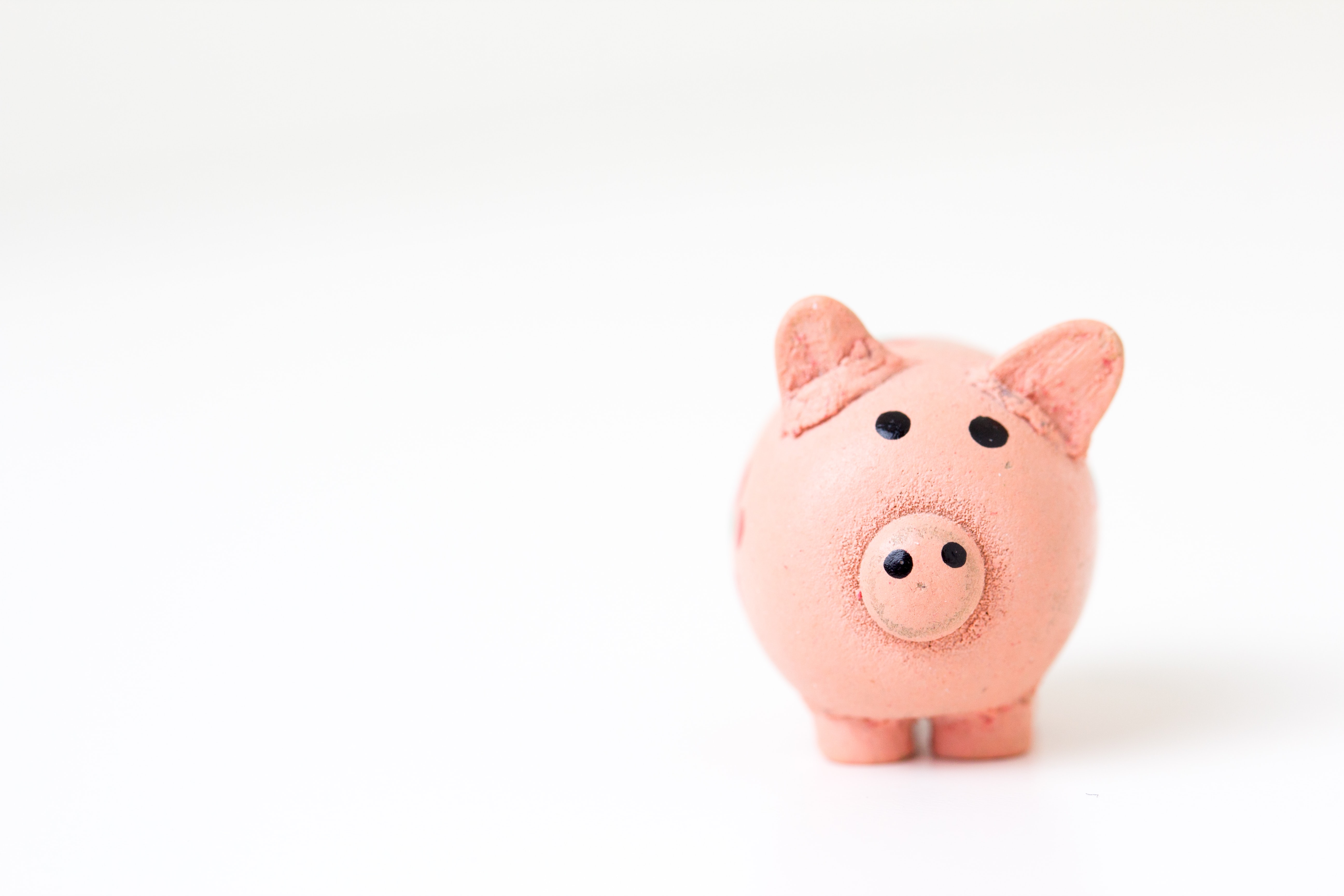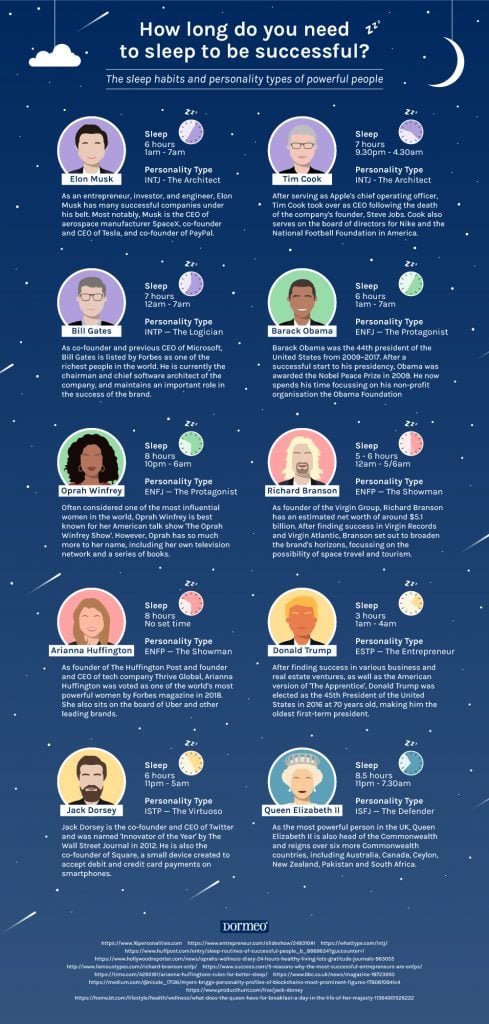
How getting more sleep could boost your wages
It’s no secret that getting a good night’s sleep is important for your health and wellbeing, but could it also give your wallet a little bit of a boost, too?
Research published by Matthew Gibson and Jeffrey Shrader in The Review of Economics and Statistics found that American participants who slept for one hour longer than their usual time benefited from a 1.1% increase in earnings. In the long term, this increased to up to 5%.
The findings also showed that participants who lived in areas that got darker an hour earlier achieved a longer period of sleep, and benefited from higher earnings as a result. In areas that got darker an hour later, participant’s earnings were around 4% lower on average.
But, why can getting just one hour of extra sleep boost your wages? By sleeping a little bit longer each night, you could benefit from improved focus and better decision making, which could all help to improve your performance at work.
In this blog post, we’ll be taking a deeper look into the link between sleep and success.
Improved productivity
Research published in the Journal of Occupational and Environmental Medicine found that there’s a key link between sleep quality and productivity. They found that participants who had sleep problems, such as insomnia, performed worse at work and were less productive when compared to participants with good sleep health. They estimated that this poor performance cost companies an average of $1,967 per employee annually. So, it’s no surprise that some companies might be willing to pay employees more for being more productive.
Additionally, if you work freelance or on commission, a more productive work day can see you completing more tasks in a shorter amount of time — possibly to a higher standard — so clients might be willing to pay a bit extra for your service.
Improved decision making
Other research, published by the Sleep Research Society, found a correlation between sleep and decision making. They split participants into two separate groups: a control group, and a group with around 62 hours of sleep deprivation. They found that participants in the sleep deprived group performed worse in decision making tasks, especially those that involved uncertainty and unexpected change.
And, considering your usual work tasks probably throw an unexpected curve ball now and then, it’s safe to say a better and longer night’s sleep makes you better equipped to deal with them. It's no wonder why big corporations such as Google are adopting nap pods and relaxation spaces to give their workers some much needed rest.
Improved circadian rhythm
When it comes to sleep research, we can never rule out the importance of circadian rhythm. This is your body’s sleep-wake cycle, which uses sunlight (along with other factors) to know when you need to be asleep and when you need to be awake and alert. So, when it’s dark, your brain knows it’s night time and you’ll start feeling sleepy.
The research conducted by Gibson and Shrader found that, in the areas that got dark earlier, people’s circadian rhythms had synchronised to the light. So, they naturally fell asleep earlier each night, and got a longer snooze as a result. And, these were the areas that benefitted from higher wages.
So, if you live in an area that has an early sunset, it's good news, because you could end up being more productive at work, and could earn more money!
What’s the optimum sleep time?
We’ve discussed how an extra hour in bed can improve job performance, but is there an optimum amount of sleep you need to get in order to be wealthy?

We analysed the sleep habits of 10 successful businesspeople and leaders and found that the average sleep time was around 6.4 hours, and the best time to go to bed is around 10pm–1am. But, that’s not to say that getting this amount of sleep each night will make you one of the world’s most successful people.
There are some outliers, such as Donald Trump’s 3-hour sleep schedule, which suggest that everyone has an optimum amount sleep, and it can differ from person to person. However, it should be noted that researchers believe those that can survive on limited sleep are very much in the minority. If you want to find your optimal sleep pattern, you can try keeping a diary of how long you’ve slept each night, and how focused and productive you were during the day. This way, you’ll be able to find the best sleep time for you. Just keep in mind that, in most cases, the recommended 7–9 hours is ideal.
So, it seems that getting just one hour extra in bed each night can help you make more money at work. If you’d like to know how to improve your sleep, take a look at some of our other posts on our expert sleep blog, as well as our advice centre.








Leave a Reply